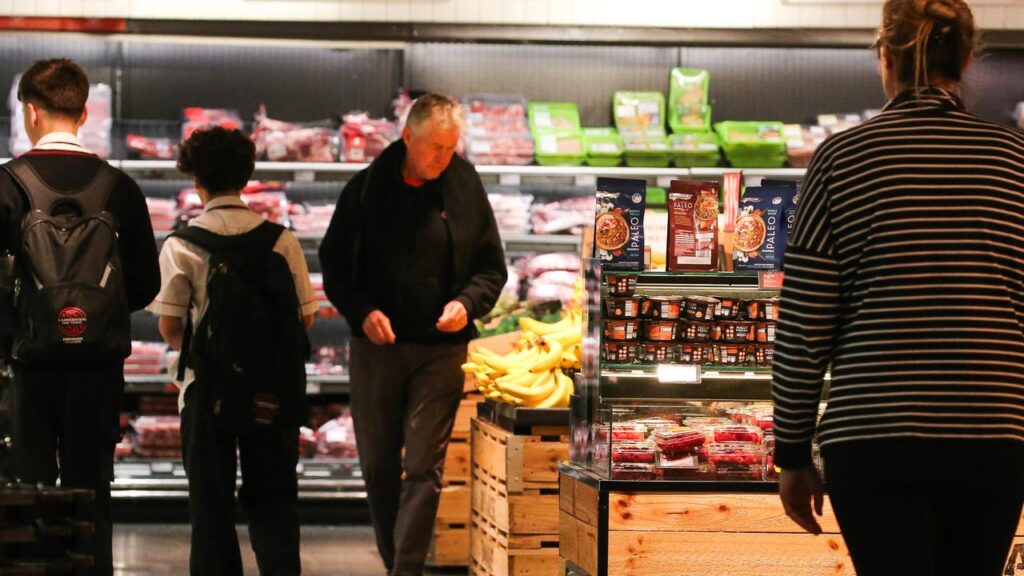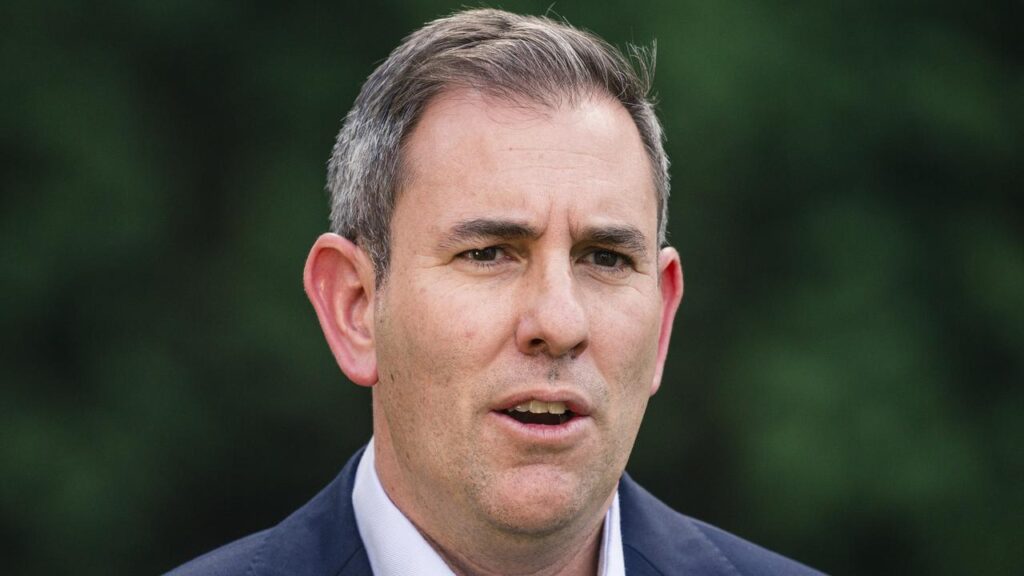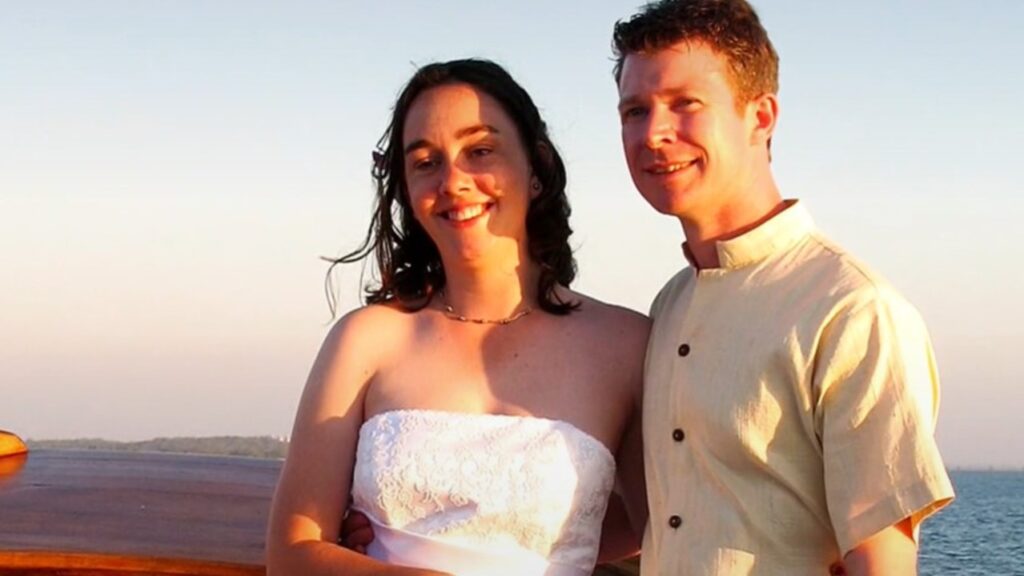Labor under fire over newest detainee saga
Written by admin on May 28, 2024
Immigration Minister Andrew Giles has refused to apologise, and has sought to put further distance between his department and a tribunal over a series of decisions that allowed criminal non-citizens to stay in Australia – despite their visas being cancelled.
Mr Giles was at the receiving end of almost every Coalition question during Question Time on Tuesday, with MPs citing numerous examples of violent former immigration detainees who had their visas cancelled by the department, before the decisions were overturned by the Administrative Appeals Tribunal.
The tribunal – soon to be replaced by a new-look tribunal – has overturned dozens of visa cancellations on the basis of Mr Giles’ “direction 99”.
The direction, which he handed down in January 2023, requires a person’s ties to Australia be significantly weighed up by the minister or a body such as the AAT when considering visa cancellations.
Among the cohort is Sudanese national Emmanuel Saki, who was charged with stabbing a 22-year-old in Queensland just weeks after the AAT revoked the cancellation of his visa, and Lebanese-born Abdul Wahab Trad, who was found to have strong ties to Australia despite raping a 13-year-old girl in 2020.
The Coalition put five examples to Mr Giles on Tuesday, demanding whether he would apologise for his “catastrophic mistake, and reverse direction 99?”
Mr Giles reiterated that the government had cancelled the visas, and remained cancelled by the department in line with direction 99, which he said also required decision makers to take into consideration criminal histories, family violence, best interests of minor children and community expectations.
He was at pains to point out that the AAT, not his department, had revoked the cancellation, and he had prioritised “a number of cases for urgent cancellation”.
After a question from Peter Dutton about a New Zealand-born man who had his visa cancelled by the department – due to being convicted of raping his 14-year-old stepdaughter while his wife was in hospital giving birth – but was later revoked by the AAT, Mr Giles said: “I believe it is a decision that should still be cancelled”.
Deputy Opposition Leader Sussan Ley then put forward the example of Sudanese national Emmanuel Saki, whose visa was cancelled after he was convicted of “serious domestic violence offences”, who went on to allegedly murder a 22-year-old just weeks after the AAT revoked the cancellation.
Mr Giles said it was a decision of the AAT as an “independent tribunal” to overturn the visa.
“I remind the house that the direction places a serious emphasis on family violence. These need to be considered in all matters by the tribunal,” he said.
“I have cancelled the individual’s visa.”
Dissatisfied with his answer, Mr Dutton sought to double down, demanding why Mr Giles did not “Step in, intervene, or cancel” the visa before Saki allegedly stabbed a Brisbane man to death.
Mr Giles said his department had cancelled his visa, and remained cancelled “in accordance with direction 99”.
More Coverage
He said he had tasked his department with looking at the AAT cases “as a priority”.
The Coalition also hurled questions over an Afghan national, known as ZJFQ, who had his visa cancelled after he raped a 16-year-old girl and a disabled 14-year-old child, but was allowed to stay in Australia.
“ I say again that Direction 99 did not and does not decrease the importance placed on the considerations such as the expectations of the Australian community and the protection of the community from crime,” Mr Giles said.
Read related topics:Immigration







